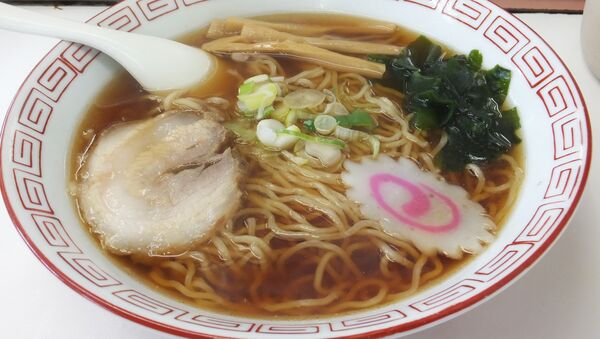However, Gibson-Light suggests that the change is not a result of smoking bans in US jails, but rather a reaction to state cost-cutting measures which have decreased the quality of prison food.
"Prisoners are so unhappy with the quality and quantity of prison food that they receive that they have begun relying on ramen noodles—a cheap, durable food product—as a form of money in the underground economy," he said, Phys.org reported.
"Because it is cheap, tasty, and rich in calories, ramen has become so valuable that it is used to exchange for other goods."
The researcher calls the cost-cutting "punitive frugality," which happens in practice but is not expressed in legislation.
"Punitive frugality is not a formal prison policy, but rather an observable trend in prison administration practice in institutions throughout the country," he said.
Most state and local jails also have restrictions on smoking, and 20 states have completely banned smoking on prison grounds. In prisons where cigarettes are banned, they sell for up to $20 each as contraband, and whole packs can sell for up to $200.




